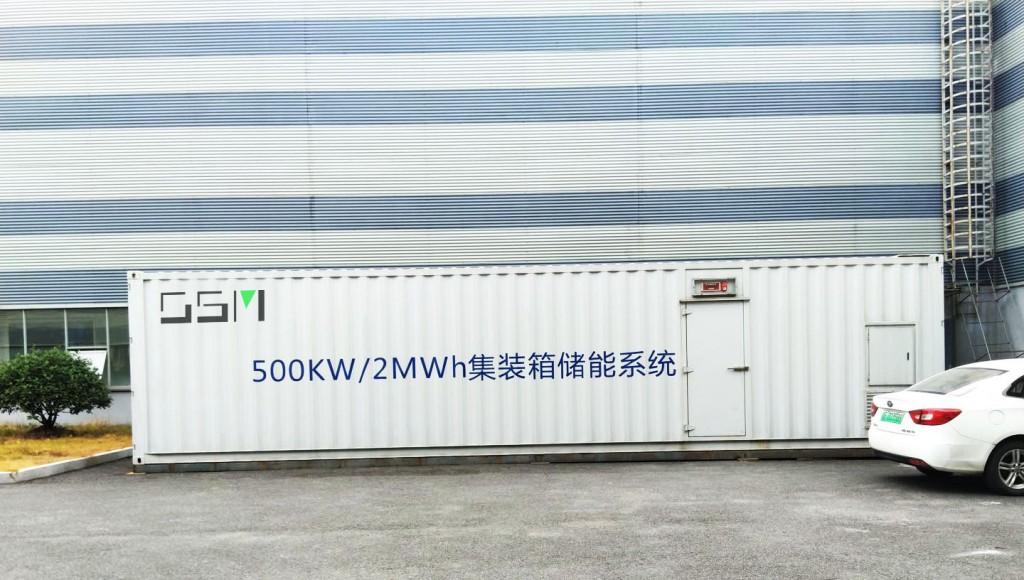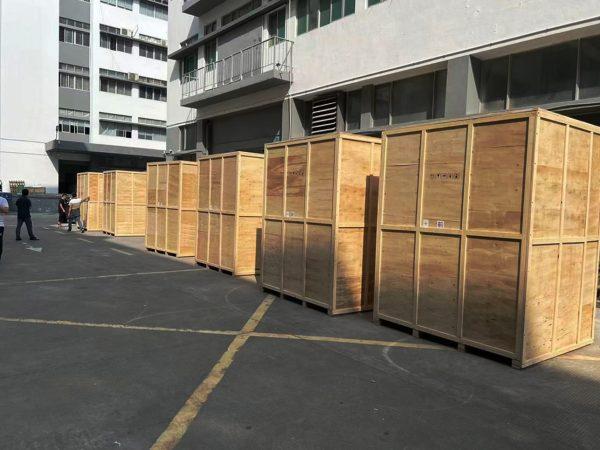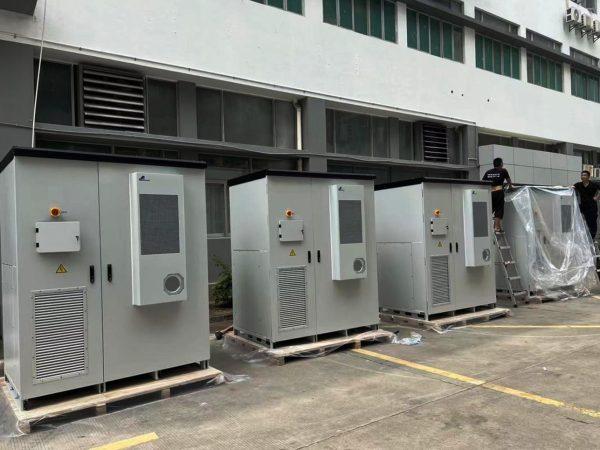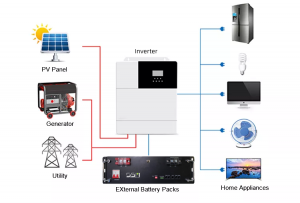
Leadstone Energy Energy designs and builds advanced critical energy storage systems (ESS) which are deployed in demand response enabled microgrid solutions for commercial and industrial applications.
Our advanced commercial and industrial energy storage systems allow companies to mitigate economic risk with on-site independent backup power to essential equipment while helping to insulate operating expenses from utility rate increases and fluctuations in power supply.
Our C&I solutions are designed for low or high voltage single, split or 3 phase electrical architecture and easily integrates with a broad selection of high power inverters, power control systems, and energy management systems.
The high efficiency of the energy storage system is guaranteed by the advanced battery technology and the integrated BMS. The lithium battery has a reduced environmental impact combined with excellent performance and safety. The ideal battery bank for the project is defined according to the type of application, storage capacity, charging/discharging capacity, service life, etc. Lithium batteries are used because they provide several advantages in relation to the other topologies used worldwide – among them, high energy density, extended useful life, high charging and discharging capacity, modularity and low maintenance.
The figure below shows the modularity of these batteries; the cells are enclosed in modules and mounted on racks. Each rack has its energy measurement, control and management unit (BMS).

Packed in wooden case ready for shipping to customers

Outlook of LFP container BESS
Identify Key Cost Components
By following this approach, you can systematically evaluate the cost and benefit of a commercial energy storage system, ensuring a transparent and comprehensive economic assessment.

A solar-plus-storage system can also participate in energy markets, offering grid services like frequency management, voltage support, demand response, and energy arbitrage. This makes it a financially viable and environmentally responsible option for businesses.
Leadstone Energy is a professional company in the industrial and commercial energy storage industry with years of hands-on experience. Their extensive experience has enabled them to accumulate a wealth of knowledge and expertise in the field. They excel at proposing energy solutions tailored to meet specific customer requirements, ensuring the best possible service for their clients.
Leadstone Energy is the leading Supplier for Rechargeable Lithium type batteries. Leadstone Energy is your best battery partner. Whether you’re looking for a reliable lithium battery manufacturer or a trusted brand to supply quality lithium-ion batteries, Leadstone Energy is here ready to help.
We are dedicated to providing you with the best experience possible.

Corporate Location
NO.1 HenDong science Zone
BuildingTangxia District
Guangdong Province. China
1st Floor Main Building, Kolkata
West Bengal 700001, India
info@leadstoneenergy.com
Saturday – Sunday: 9:00 AM – 12:00 PM
© Copyright 2025 | Leadstone Energy Limited| All Rights Reserved